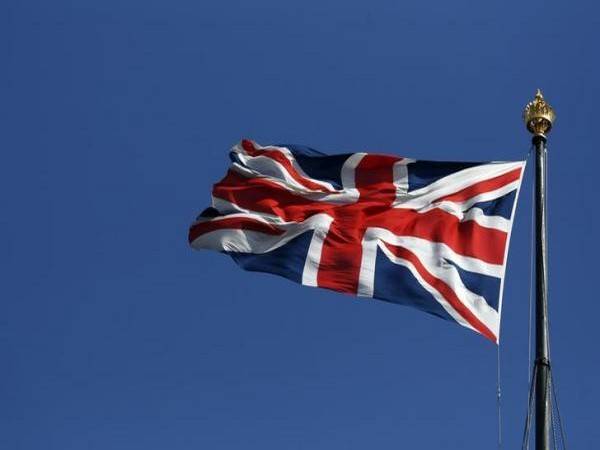The visit of the UAE government delegation aimed to discuss strengthening and continuing the cooperation between the UAE government and the OECD…reports Asian Lite News
A UAE government delegation met Ulrike Knudsen, Deputy Secretary-General of the Organisation for Economic Co-operation and Development (OECD) at the organisation’s headquarters in Paris, to discuss opportunities for expanding future bilateral cooperation. The meeting further tackled adopting the UAE’s successful experiences and best practices as global standards for OECD member states.
The visit of the UAE government delegation aimed to discuss strengthening and continuing the cooperation between the UAE government and the OECD, presenting successful UAE experiences and government work models, and sharing them with the members of the organisation.
The UAE government delegation invited the OECD Secretary-General to attend the upcoming World Governments Summit meetings, to be held in February 2025 in Dubai, in the presence of world leaders, ministers, government officials, and experts.
During their meetings with the Deputy Director-General and OECD senior officials, the delegation presented a number of government initiatives and experiences, including the “We the UAE 2031” vision, the best government practices adopted in the field of legislative transformation, economic priorities and partnerships, government innovation, the development of integrated, smart and digital government services, the zero government bureaucracy programme among other key government initiatives, programmes and projects.
The UAE delegation included Huda Al Hashimi, Deputy Minister of Cabinet Affairs for Strategic Affairs, Khalid Al Harmoodi, Deputy Secretary-General for Cabinet Affairs Support in the General Secretariat of the Cabinet, Maria Hanif Qasim, Deputy Under-Secretary for the Policy and Economic Studies Sector at the Ministry of Economy, and Salim Al Shaami, Executive Director of Government Services at the Prime Minister’s Office in the Ministry of Cabinet Affairs, Hesham Amiri, Government Services Adviser at the Prime Minister’s Office, and Ruqayya Al Blooshi, Executive Director for International at the Prime Minister’s Office.
Huda Al Hashimi stated that cooperation between the UAE government and the OECD comes within the UAE government’s interactive approach to foster partnerships for promoting development enablers such as agile governance, technology, digital transformation, AI, and zero bureaucracy to accelerate the development of government work, promote innovation, facilitate procedures, enhance community participation, develop services, encourage entrepreneurship, and adopt the best global government practices.
Fruitful Meetings
During the visit, the delegation held several meetings with senior officials from various sectors in the international organisation, including Ulrik Vestergaard Knudsen, Deputy Secretary-General of the Organisation; Carlos Santiso, Head of Innovative, Digital and Open Governance Division (INDIGO); Paulo Santiago, Head of the Policy Advice and Implementation (PAI) Division; Carlos Conde, Head of Middle East and Africa Division in the Global Relations Secretariat; Lucia Cusmano, Acting Head of the SME and Entrepreneurship Division at the OECD Centre for Entrepreneurship, SMEs, Regions and Cities (CFE); Mark Pearson, Deputy Director of Employment, Labour and Social Affairs; Nadim Ahmed, Deputy Director at the OECD Centre for Entrepreneurship, SMEs, Regions and Cities (CFE); Jens Lundsgaard, Deputy Director, Directorate for Science, Technology and Innovation; Nicolas Pinaud, Deputy Director, OECD Directorate for Financial and Enterprise Affairs; Gillian Dorner, Deputy Director in the Public Governance Directorate; Isabell Koske, Deputy Director of Country Studies; Anna Pietikainen, Head of the Regulatory Policy Division; and Karine Perset, Head of the Artificial Intelligence Unit.
ALSO READ: UAE, US explore expanding investment opportunities


